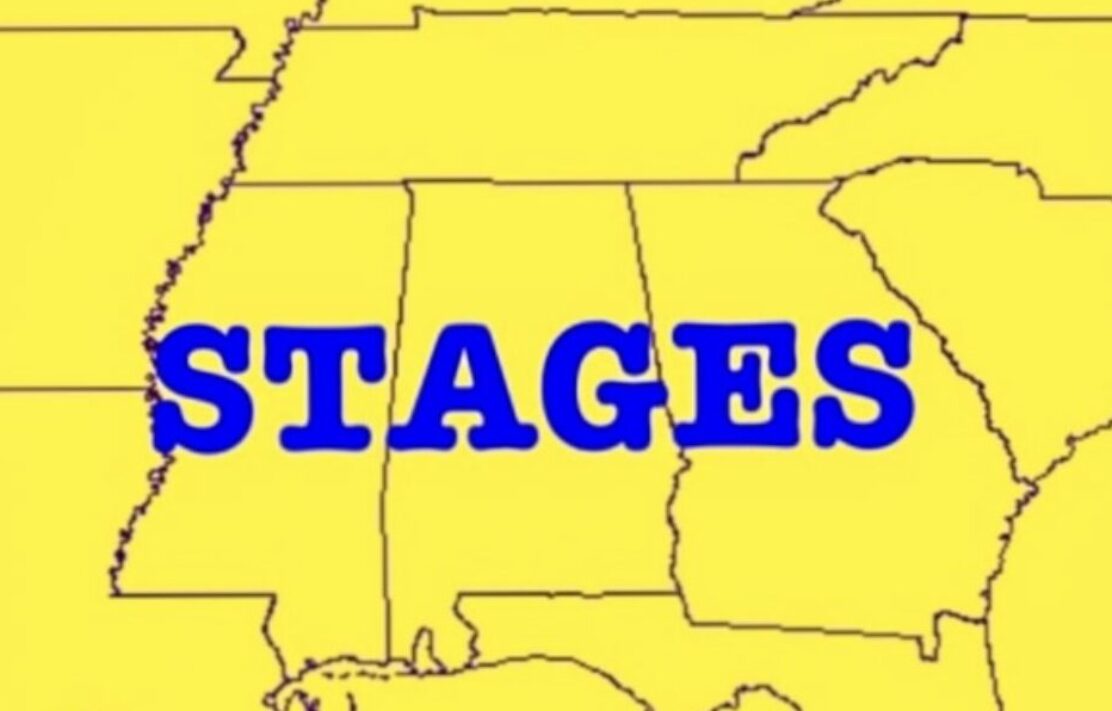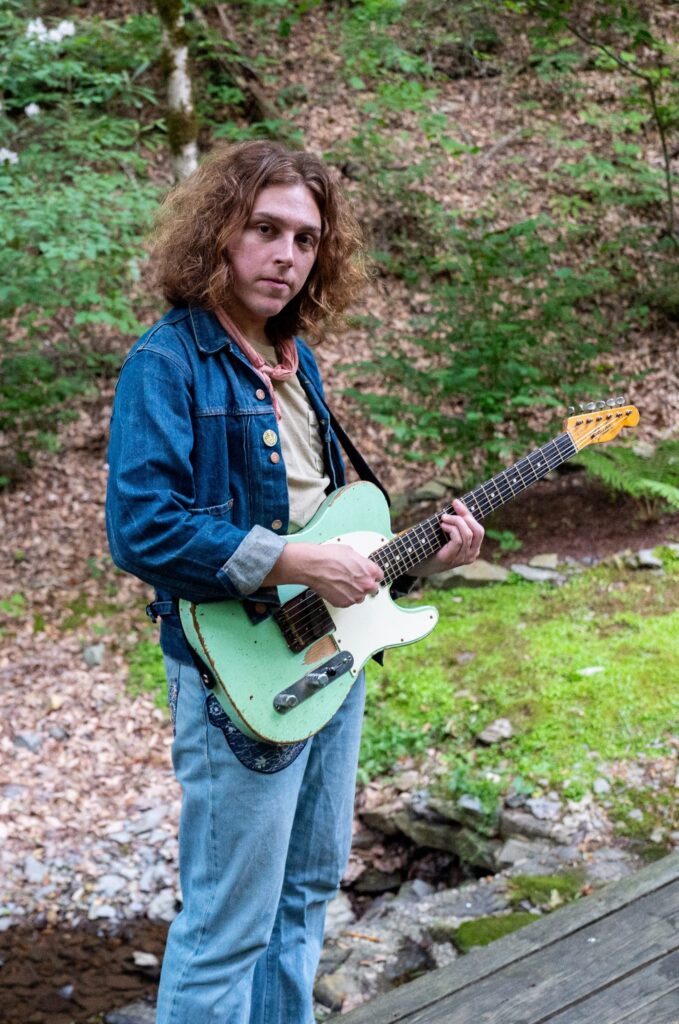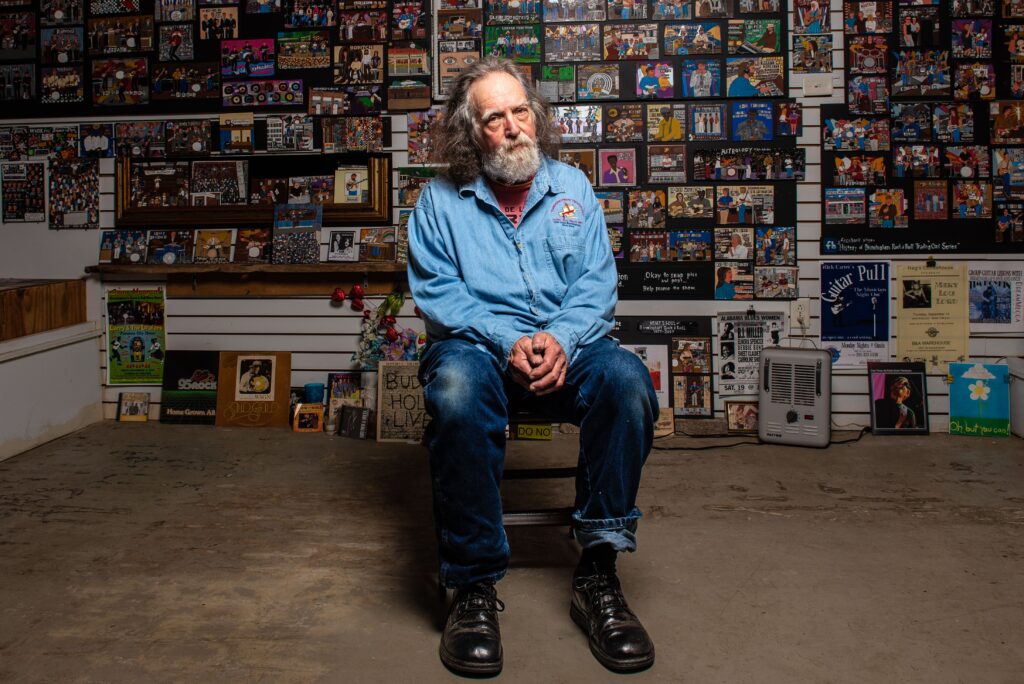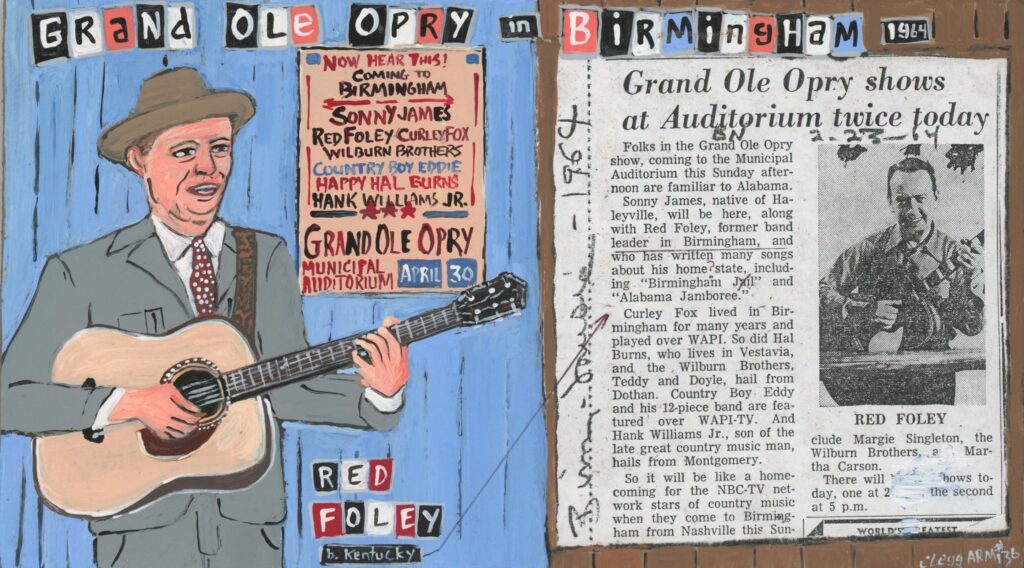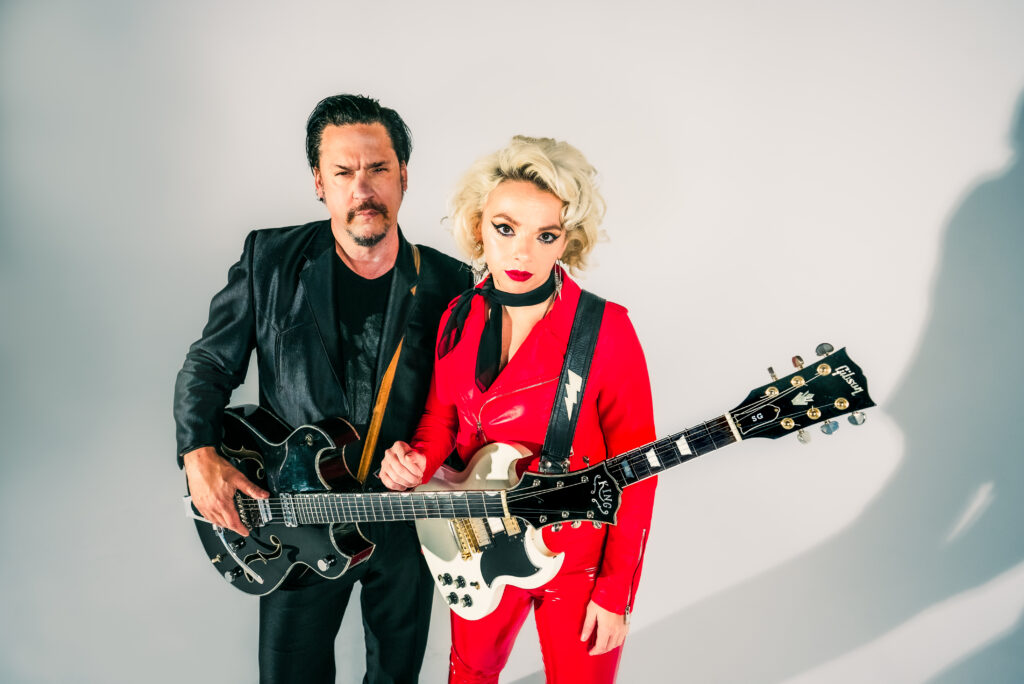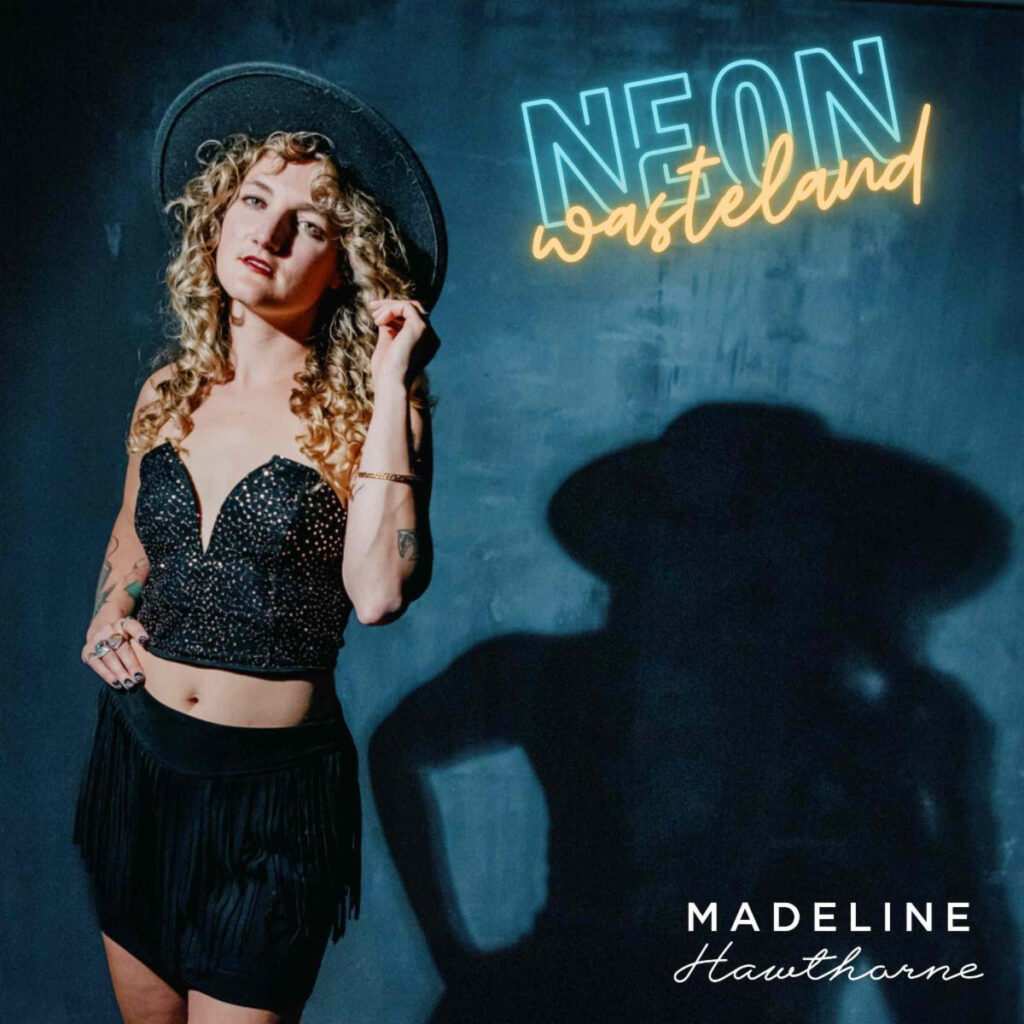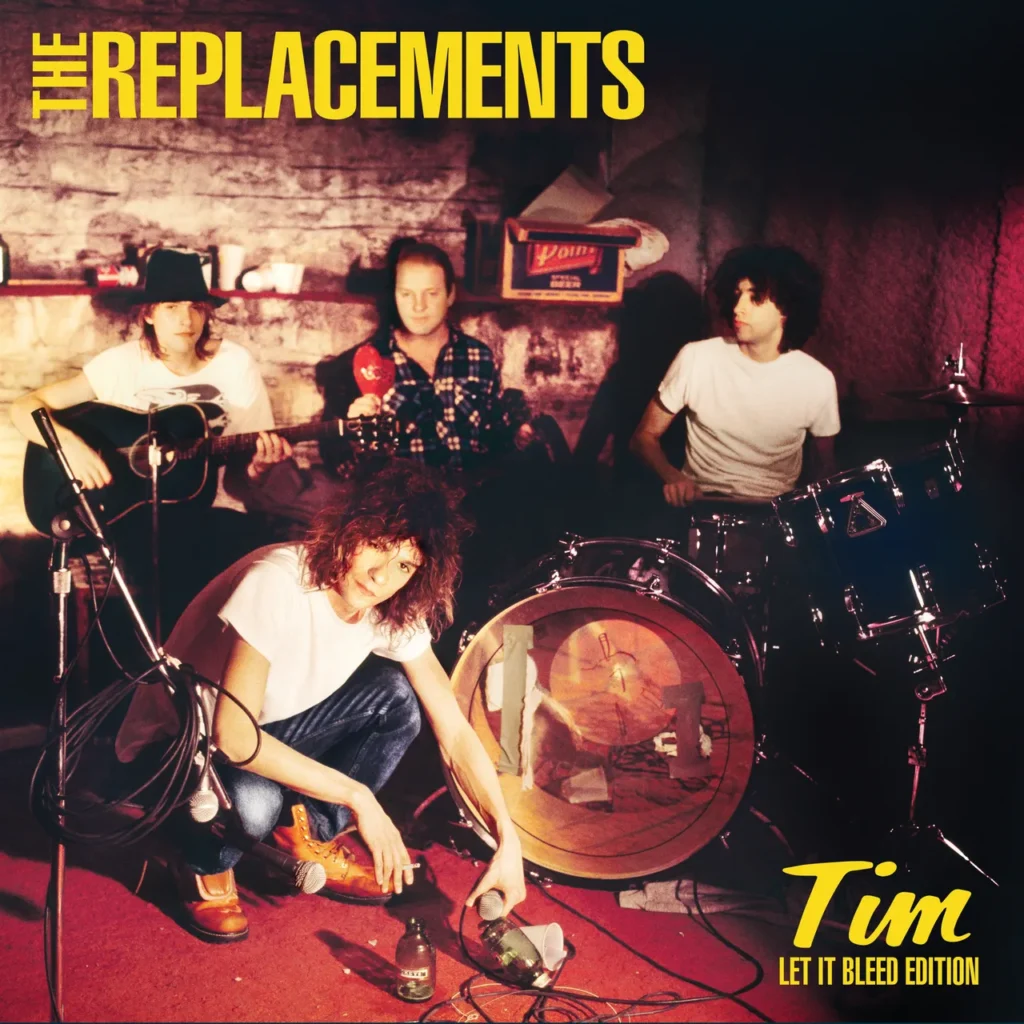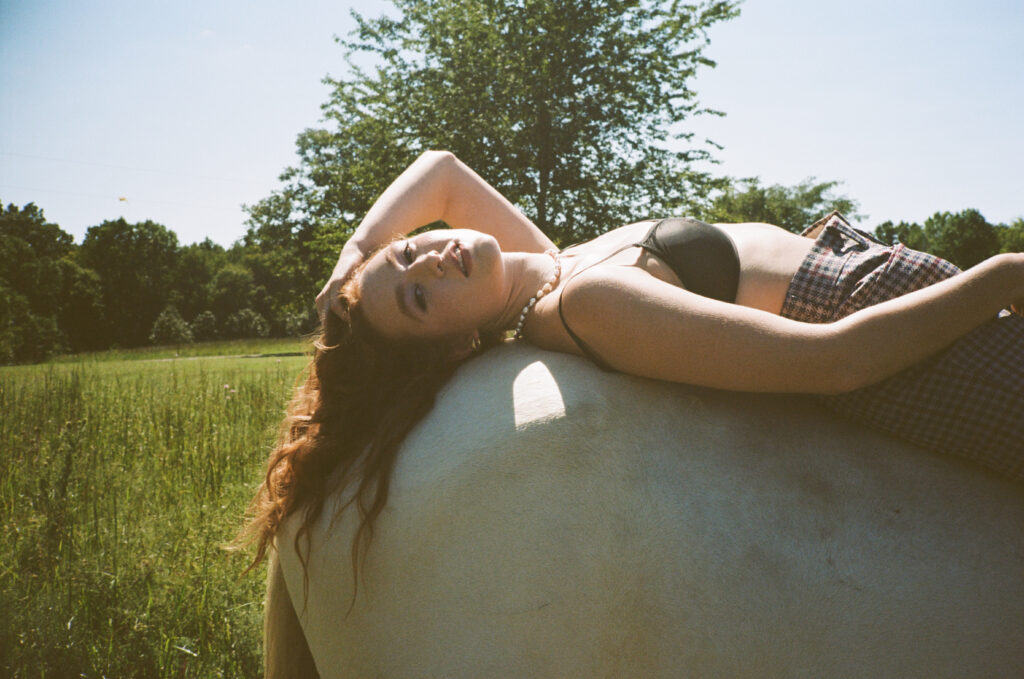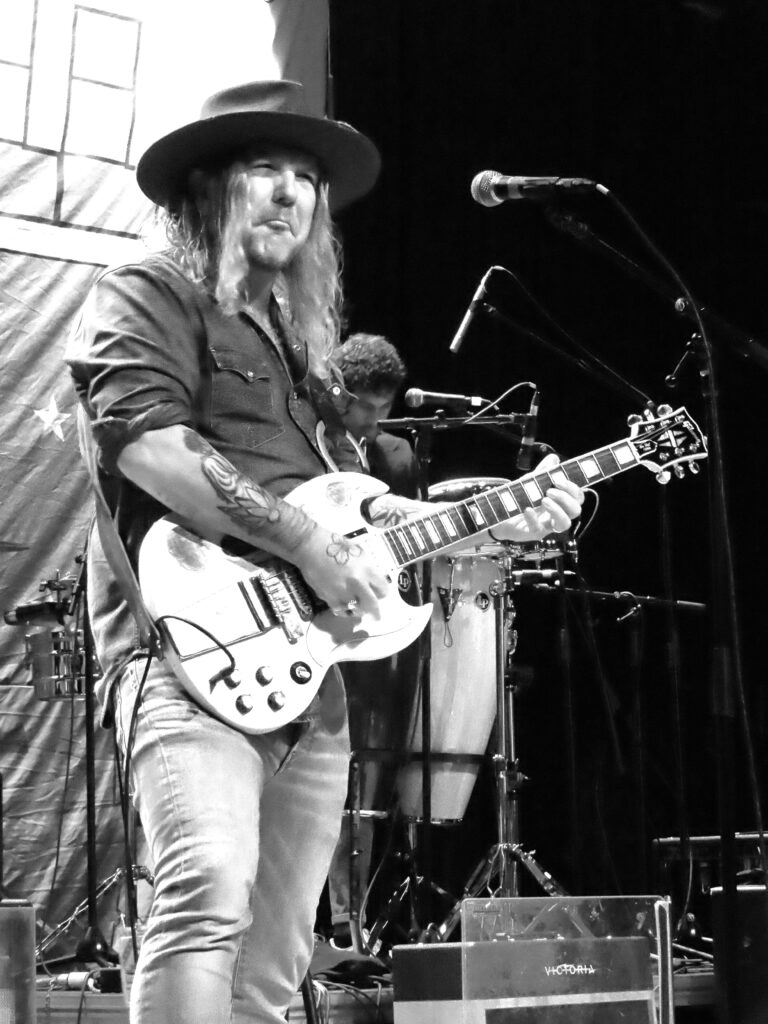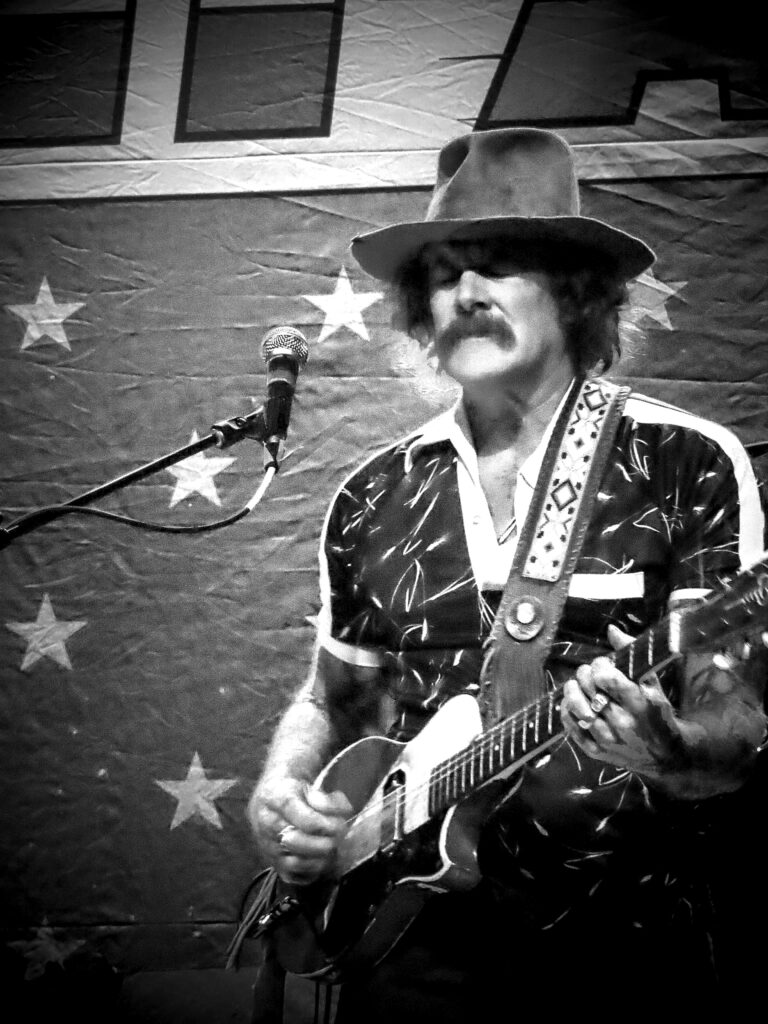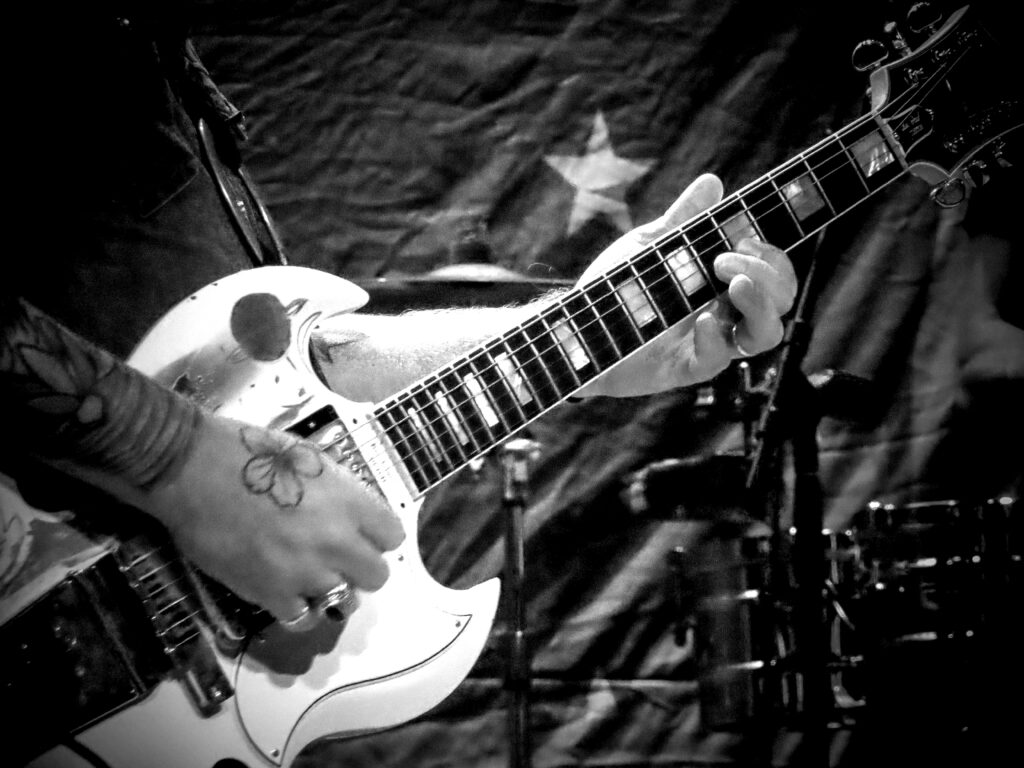By Brent Thompson
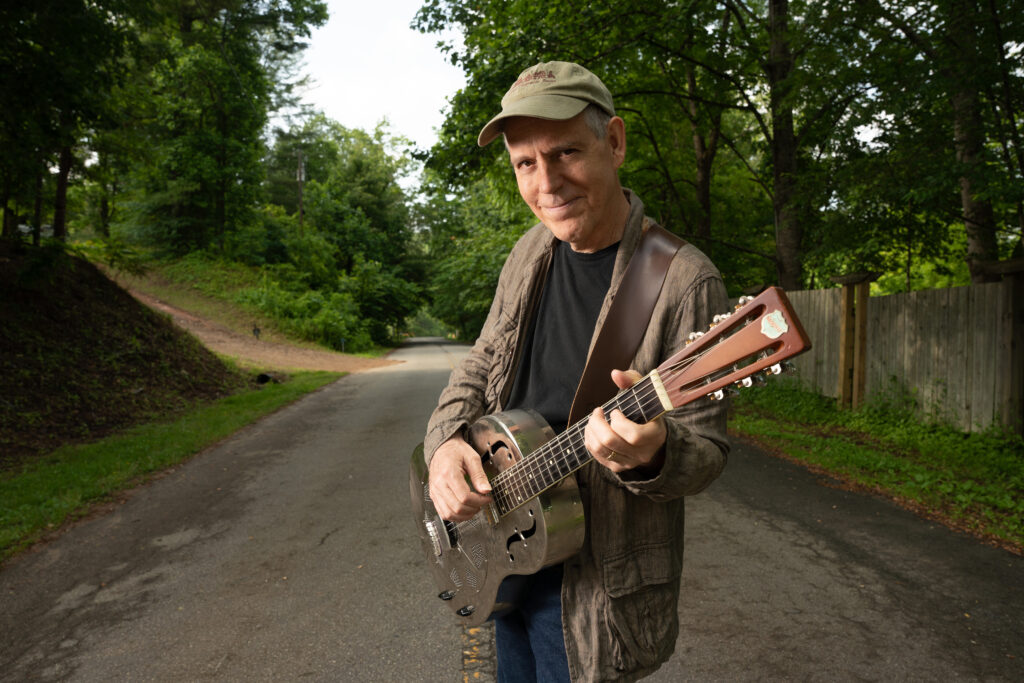
Photo Credit: Lynne Harty
Known for his easygoing, storytelling style, stalwart singer/songwriter David Wilcox has built a large and loyal fan base. In a recording career spanning more than 30 years, Wilcox has amassed a catalog of songs that listeners find relatable to their own lives. Currently, he is touring in support of his latest release, My Good Friends (Fresh Baked Records). On Friday, April 12, Wilcox will perform at the Woodlawn Theatre. Recently, he spoke with us by phone from a tour stop in Denver, CO.
Southern Stages: David, thanks for your time today. We are really enjoying My Good Friends. Are the songs on the album newer compositions, older ones or a mixture of both?
David Wilcox: During the pandemic, I wrote so many songs – more than ever. It was like two or three a week – it was ridiculous, so I have a huge backlog now [laughs]. I’m working with this producer and he said, “Send in songs that are at the top of your list.” I sent them and he writes me back, “David, what the hell? This is 50 songs.”
Southern Stages: Given the volume of songs you had written, how did you decide which ones would appear on the album?
Wilcox: Yeah, it’s a fascinating process. I think a lot of it has to do with how the songs work together and how they complement each other. Whenever there’s a new record, there’s always a fascinating process of looking back on what this year has meant to me and the changes I’ve been through. This time was no different and when I get the songs all in one list, it’s pretty interesting to see how certain ideas show up that I might not have been aware of at first.
Southern Stages: In the live setting, do you play some of the new songs don’t appear on the album?
Wilcox: I still play them live. If I’m playing a gig and it feels like the right songs at the right time, yeah I’ll play them. Sometimes there are songs that work well live that maybe are a little too simple to be on a record. Once you’ve heard them two or three times, you’ve heard them. I like to put more complex songs on a record.
Southern Stages: How would you describe your writing process?
Wilcox: I tend to get a lot of ideas when I travel and I tend to finish those songs when I get home. It’s a pretty steady process.
Southern Stages: With a large catalog of songs under your belt, how do you construct your set lists these days?
Wilcox: I’m really quirky about it. I just play the songs that I want to hear. To me, it doesn’t matter when they were written. I would say maybe at least half of them are really new and that’s a luxury that not many musicians get to do. A lot of musicians – if you have hits – you have to play the hits. But luckily – in this realm that I’m in – people are curious about what I’ve been thinking about. So I tend to get away with playing more current songs than most musicians get to.
Southern Stages: How do songs stay fresh to you after you you’ve performed them hundreds of times?
Wilcox: It’s fascinating to me. Sometimes it feels like songs are evolving as I change, but it’s just that I’m hearing different aspects of them. Last night, I played a song and I heard a meaning in it that I’d never heard before and I’ve been playing it for 30 years [laughs]. It was pretty fun.
Southern Stages: Some artists tell me that this is a great time to be in your position given you can reach listeners via outlets such as Spotify, iTunes, Youtube and satellite radio. Others say – for the same reason – that this is a difficult time to be found among the crowd. How do you feel about the current climate of the music industry?
Wilcox: I know that I got really lucky and had a fun ride on a great label in the heyday. I think that I’ve always considered the recordings to be the invitation to the concert. Now, when music is basically free, it works better for me because there are more people who can hear my stuff and they come out to the shows. That’s really the thing I love most – playing live. I’m very grateful that I get to do that. It’s more fun now than ever – I feel like I’m doing it for better reasons now.
Southern Stages: As a guitarist, are you continually experimenting with new gear or do you tend to stick with what you have?
Wilcox: I tend to do a major upgrade to all the tech on the guitar about once a year or maybe every two years. It has evolved so much and I love the process of getting the most interesting guitar sound that I can. It’s a very complex arrangement – there are a lot of pickups on my guitar that I put through a sub-mixer with a lot of digital EQ. It sounds very natural, but to make an acoustic guitar sound natural it’s a lot of work and I love the work.
Southern Stages: You’ve been an Asheville, N.C. resident for a long time. If you will, talk about your decision to build your career there instead of an industry hub such as Nashville, New York or Los Angeles.
Wilcox: When I first decided to live in Asheville, I was confused by the people who wanted to live in New York or Nashville. I didn’t understand why it was so important to them to chase the industry. I wanted this practice of music to be my teacher and I wanted it to surprise me and I wanted it to last a lifetime. I was trying to use music as a way to bring me more alive and to be able to really enjoy my life. That is what I wanted and that’s what I got – it’s been really nice.
On Friday, April 12, David Wilcox will perform at the Woodlawn Theatre. Showtime is 8 p.m. Tickets to the all-ages show are $30 and can be purchased at www.woodlawntheatrebham.com.
